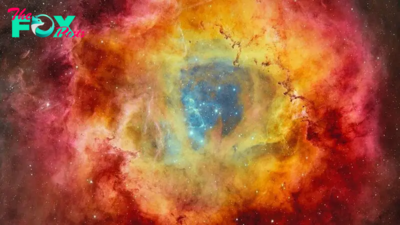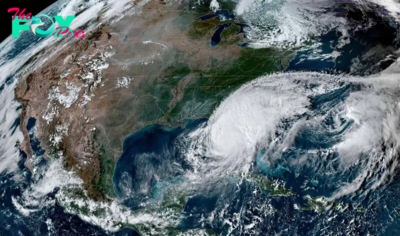Science
'Space trash' will lead us to intelligent aliens, Harvard astrophysicist Avi Loeb says
For more than 70 years, scientists have sought evidence of intelligent aliens by hunting for radio signals — interstellar messages beamed billions of miles across space. But for Harvard astrophysicist Avi Loeb, the search for extraterrestrial intelligence begins much closer to home: In Earth's oceans.
In summer 2023, Loeb led an expedition near Papua New Guinea to dredge up hundreds of tiny metal spheres he proposed were potential remnants of an interstellar meteor that broke up over the Pacific Ocean a decade earlier. For Loeb, this mission wasn't just about finding rare evidence of an object from beyond our solar system — but also a chance to probe the spheres for traces of potential alien technology.
The expedition's lofty goal garnered criticism from the scientific community — but for Loeb, even a faint possibility of learning something new about our cosmos is reason enough to investigate.
"I'm not pretending to know more than I know," Loeb told Live Science in an interview. "I'm willing to consider possibilities that others may completely discount."
Loeb, who is a professor of astrophysics and the Director of the Institute for Theory and Computation at the Harvard-Smithsonian Center of Astrophysics, says he came by his academic success unintentionally, after a lifelong passion for philosophy led him to astrophysics. Live Science caught up with the professor ahead of the HowTheLightGetsIn festival in London, where Loeb will be speaking later this month, to discuss his research, his hopes for future expeditions, and the search for extraterrestrial intelligence.
Brandon Specktor: You’ve said that, from a young age, you wanted to be a philosopher. Do you have a philosophy that guides your scientific research?
Avi Loeb: Humans, in general, existed for a few million years on Earth, which is just one part in 10,000 of the age of the universe. So we just came at the end of the cosmic play. And we know, thanks to Copernicus and Galileo, that we are not at the center of stage. And so the play is not about us. And we better stay humble and curious. That's my fundamental philosophy.
-
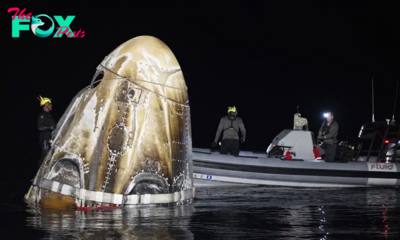
 Science13h ago
Science13h ago4 Astronauts Return to Earth After Being Delayed by Boeing’s Capsule Trouble and Hurricane Milton
-
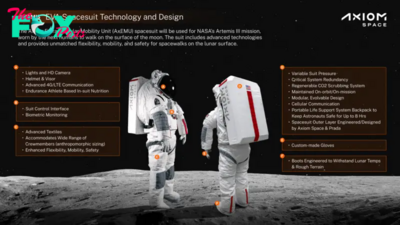
 Science1d ago
Science1d agoThe Elegance and Awkwardness of NASA’s New Moon Suit, Designed by Axiom and Prada
-
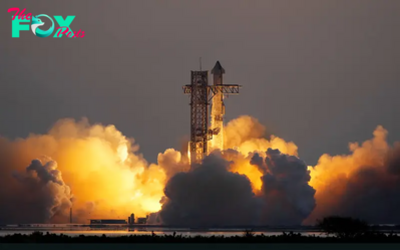
 Science6d ago
Science6d agoSpaceX Launches Its Mega Starship Rocket. This Time, Mechanical Arms Catch It at Landing
-
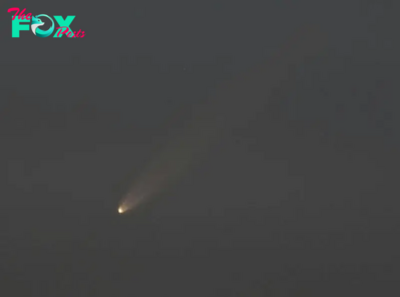
 Science2w ago
Science2w agoYou Won’t Want to Miss October’s Rare Comet Sighting. Here’s How and When You Can See It
-
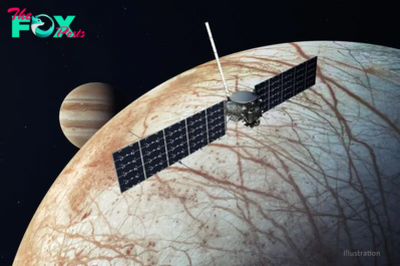
 Science1m ago
Science1m agoA New Spacecraft Could Help Determine if There’s Life on a Moon of Jupiter
-
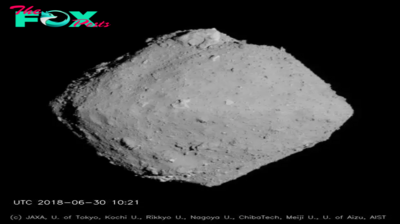
 Science1m ago
Science1m agoWe Can Thank Deep-Space Asteroids for Helping Start Life on Earth
-

 Science1m ago
Science1m agoStranded Astronauts Set to Come Home After SpaceX Capsule With Extra Seats Reaches ISS
-
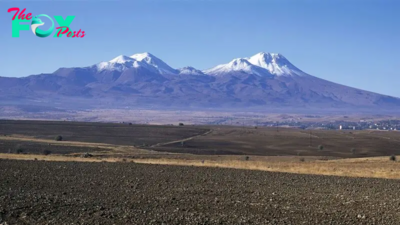
 Science1m ago
Science1m agoEarth's crust may be building mountains by dripping into the mantle
